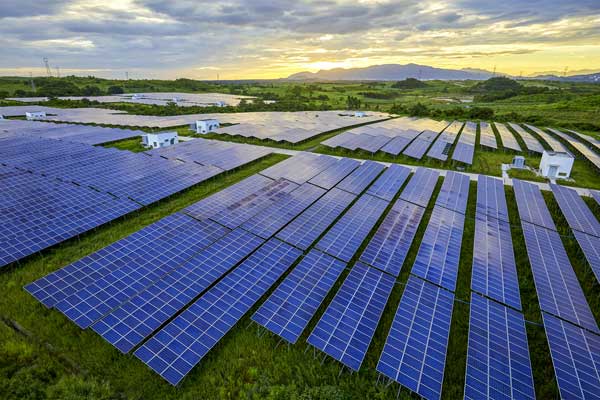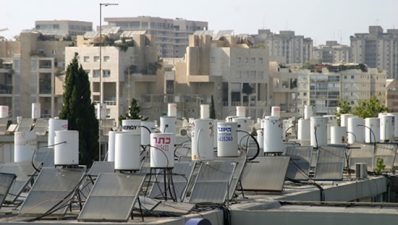There has never been a better time to embrace the power of solar energy. The price of installing a solar panel system keeps falling and the Federal Government, along with several cities, offer lucrative incentives and rebates for installing such a system. Even better is the fact that a solar installation saves you money on energy, helps out the environment, and adds thousands of dollars to the value of a home.
It’s not hard to see why solar power is such an attractive proposition. It’s also not hard to see why some people might have some difficulty choosing a solar installation since there are so many options available. This article provides some clarity about the different types of solar panels and which type may be right for you.
Solar Compatibility
Before you start thinking about installing a solar panel system, you should make sure that your home, specifically your roof, is solar compatible. This means that your roof needs to be in good shape; if you know that your roof needs renovation, then you should execute that renovation before installing any solar panels. Otherwise you would need to remove and then replace the panels during the renovation.
You should also make sure that there is not any significant shade on the majority of your roof for most of the day, especially during peak sunlight hours. Shade prevents the solar panels from operating at their maximum efficiency. If the object causing the shade can be removed or reduced, then you should do so before the installation.
The Different Kinds of Solar Panels
Once you have determined that your roof is compatible, it is time to consider the type of solar panel that is right for your home. The information presented here includes the panel type’s efficiency rating, which is the percentage of solar energy that the panel converts into electricity. These are the types from which you can choose.
Monocrystalline Silicon (Mono-Si)
Mono-Si solar panels are the purest types, which also makes them the most efficient. They are distinguished by their dark color and rounded edges. Their high efficiency means that fewer of them need to be used, so they are a good option for homes with less roof space. They are the most expensive type of panel so you should only purchase them if you need to.
- Longevity: 25 years
- Efficiency rating: 15% – 22%
Polycrystalline Silicon (Poly-Si)
Poly-Si solar panels have a highly recognizable blue color, they are cheaper, but also less efficient, than mono-Si panels. They also do not last as long. However, they are a good choice if your roof has enough space to hold a lot of panels.
- Longevity: 20 – 25 years
- Efficiency rating: 13% – 16%
Thin Film Solar Cells (TFSC)
These are relatively inexpensive panels, and their thinness gives them a flexibility that allows for a lot of different applications. The different types of TFSC include the following.
- Amorphous Silicon (A-Si) – these are the types of cells you see on solar powered pocket calculators. They are very inexpensive, but also very inefficient.
- Longevity: 14 – 17 years
- Efficiency rating: 6% – 10%
- Copper Indium Gallium Selenide (CIGS) – CIGS solar panels are among the most versatile because their flexibility allows them to be used in a variety of different ways besides solar installations.
- Longevity: 7- 15 years
- Efficiency rating: 10% – 12%
- Cadmium Telluride (CdTe) – these are fairly inexpensive panels, which means that they offer a faster return on investment than the other panel types.
- Longevity: 10 – 15 years
- Efficiency rating: 9% – 11%
Building Integrated Photovoltaics (BIPV)
These are solar panels integrated into the components of the house, like the shingles or tiles of a roof. This is a relatively new application for residential buildings. The longevity and efficiency rating are dependent on the number and type of panel used in the integration.
Choose Your Solar Panel Carefully

Aside from your solar panel choice, you should also think about the inverter. This is the device that converts the DC electricity produced by the solar panels into useable AC electricity for the home. Call your local installer to get more details about solar panels and the installation process,





One thought on “Types of solar panels”
Comments are closed.